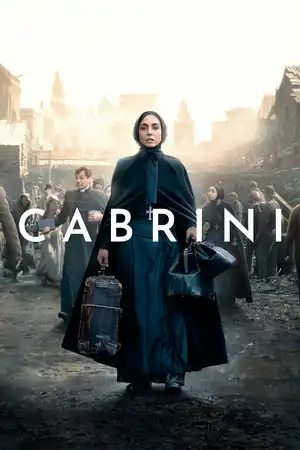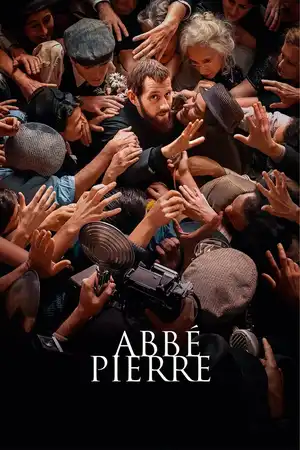
Trailer
Why watch this film?
A Cannes premiere from internationally acclaimed auteur Marco Bellocchio (Fists in the Pocket, Devil in the Flesh, Vincere, The Traitor), Kidnapped: The Abduction of Edgardo Mortara tells a true story that attracted worldwide attention and would play a part in the unification of Italy. In 1858, in the Jewish quarter of Bologna, the Pope’s soldiers burst into the home of the Mortara family. By order of the cardinal, they have come to take Edgardo, their seven-year- old son. The child had been secretly baptized by his nurse as a baby and the papal law is unquestionable: he must receive a Catholic education. Edgardo’s parents, distraught, will do anything to get their son back. Supported by public opinion and the international Jewish community, the Mortara's struggle quickly take a political dimension. But the Church and the Pope will not agree to return the child, to consolidate an increasingly wavering power. The story Edgardo Mortara was at one point being developed by Steven Spielberg with a script by Tony Kushner, before being abandoned over difficulty finding the right child actor to play young Edgardo. As it stands, with Kidnapped, Bellocchio has both shined a light on one of the greatest controversies surrounding the 19th century Catholic Church and told the powerful story of one family's unwavering fight to be reunited with their son.









"In Kidnapped (Rapito), Italian filmmaker Marco Bellocchio delves into one of the murkiest and most controversial episodes in the history of the Catholic Church, the "Mortara case". In 1851, when Jewish boy Edgardo Mortara becomes gravely ill, his Catholic nanny decides to baptize him in an emergency. However, papal law dictates that all Catholics must be raised as such, so the cardinal orders the boy to be taken and handed over to the church, against his parents' wishes, who decide to fight for him. The film recounts a controversial case that captured the attention of the rest of Europe and America, and skillfully portrays the clash of interests between the waning power of the church, Mortara's parents, and public opinion, with irreversible consequences for all involved."